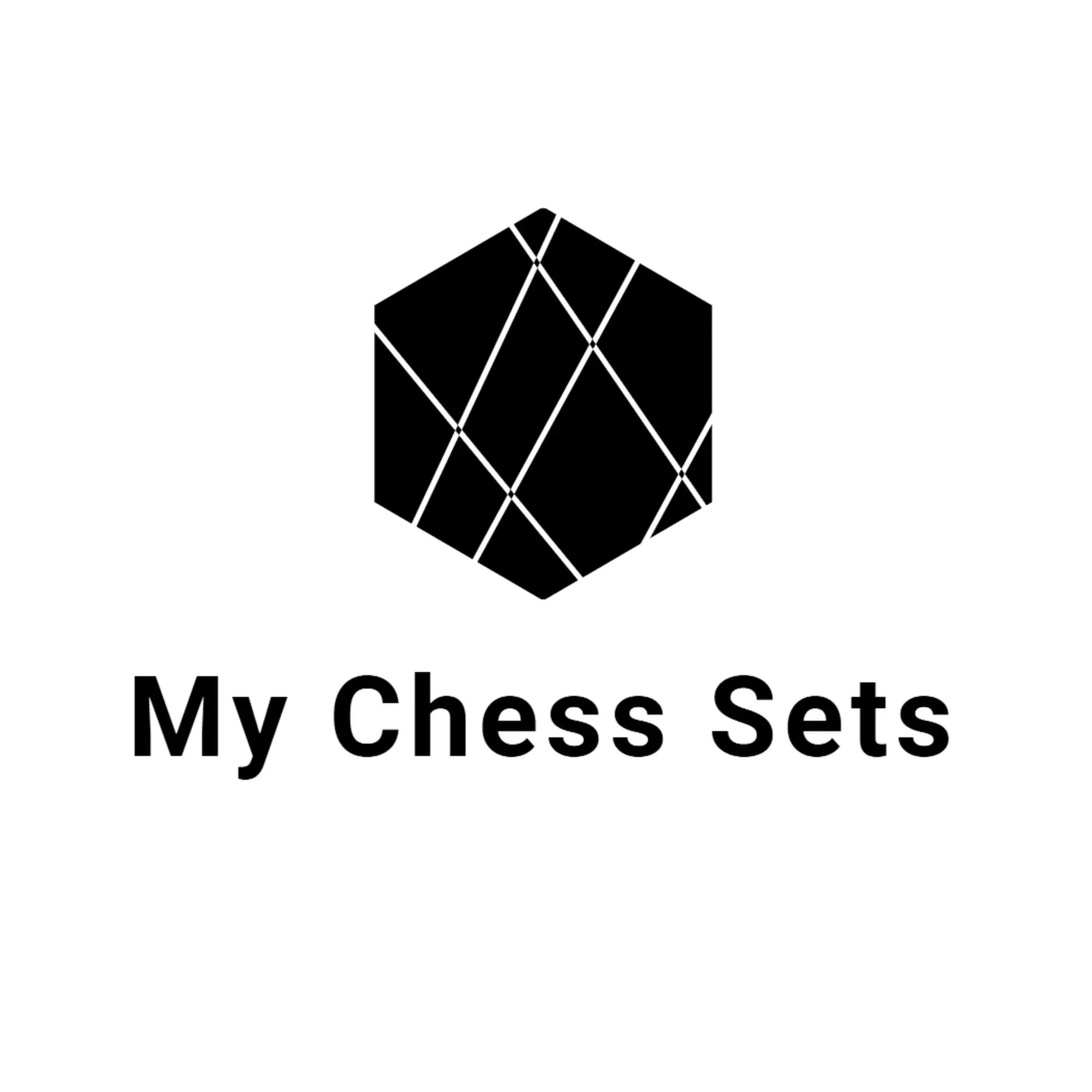WELCOME TO MY CHESS SETS
My Chess Sets is a global manufacturer and retailer for premium, high quality chess sets and other accessories, offering the best tools to players of all skill levels.
CUSTOMERS RATE US
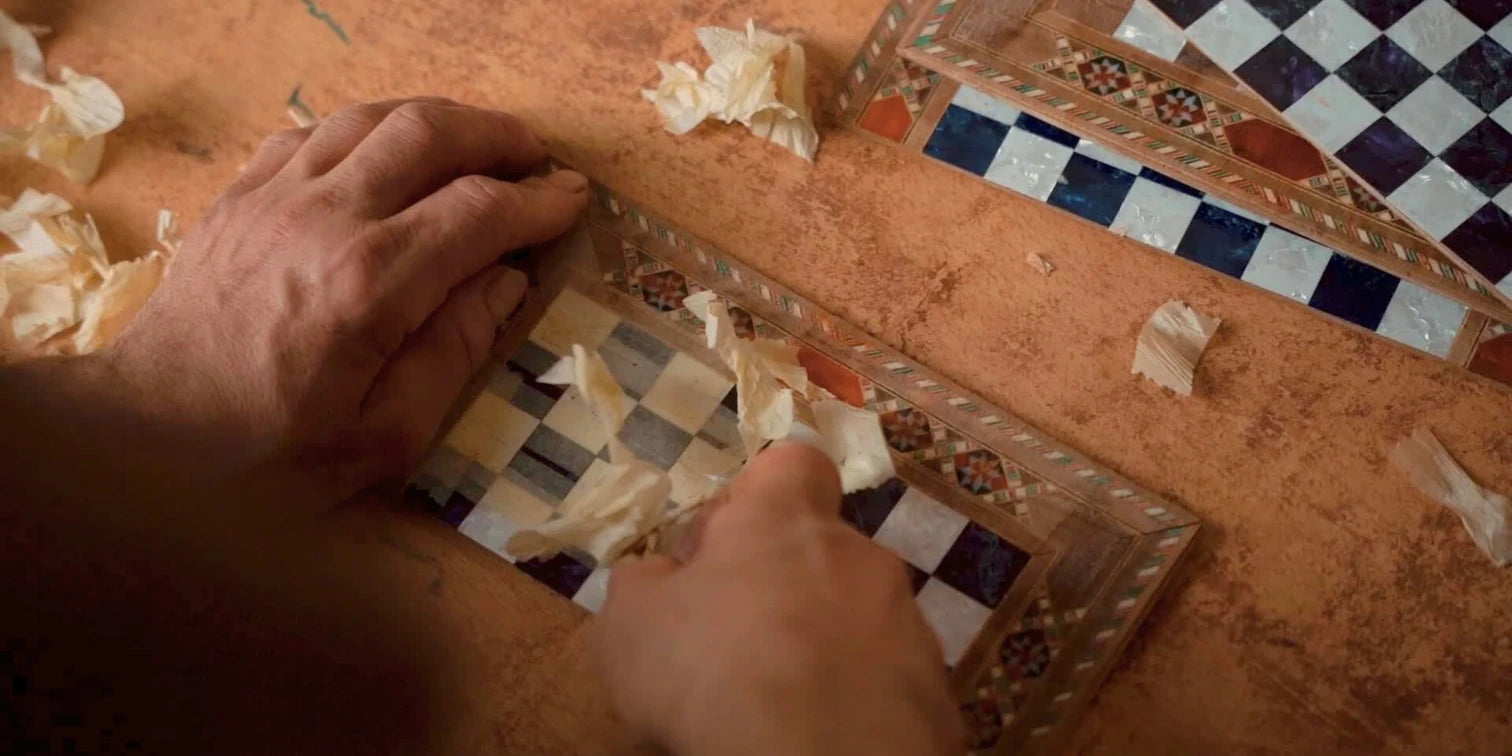
Our Goal
We strive to bring the beauty and craftsmanship of chess to everyone, everywhere.
From beginners just starting out on their journey, to experienced Grandmasters.

Our Mission
Provide an exceptional customer experience through our unique value proposition of offering unparalleled selection, unbeatable prices, fast delivery and first-class customer service.
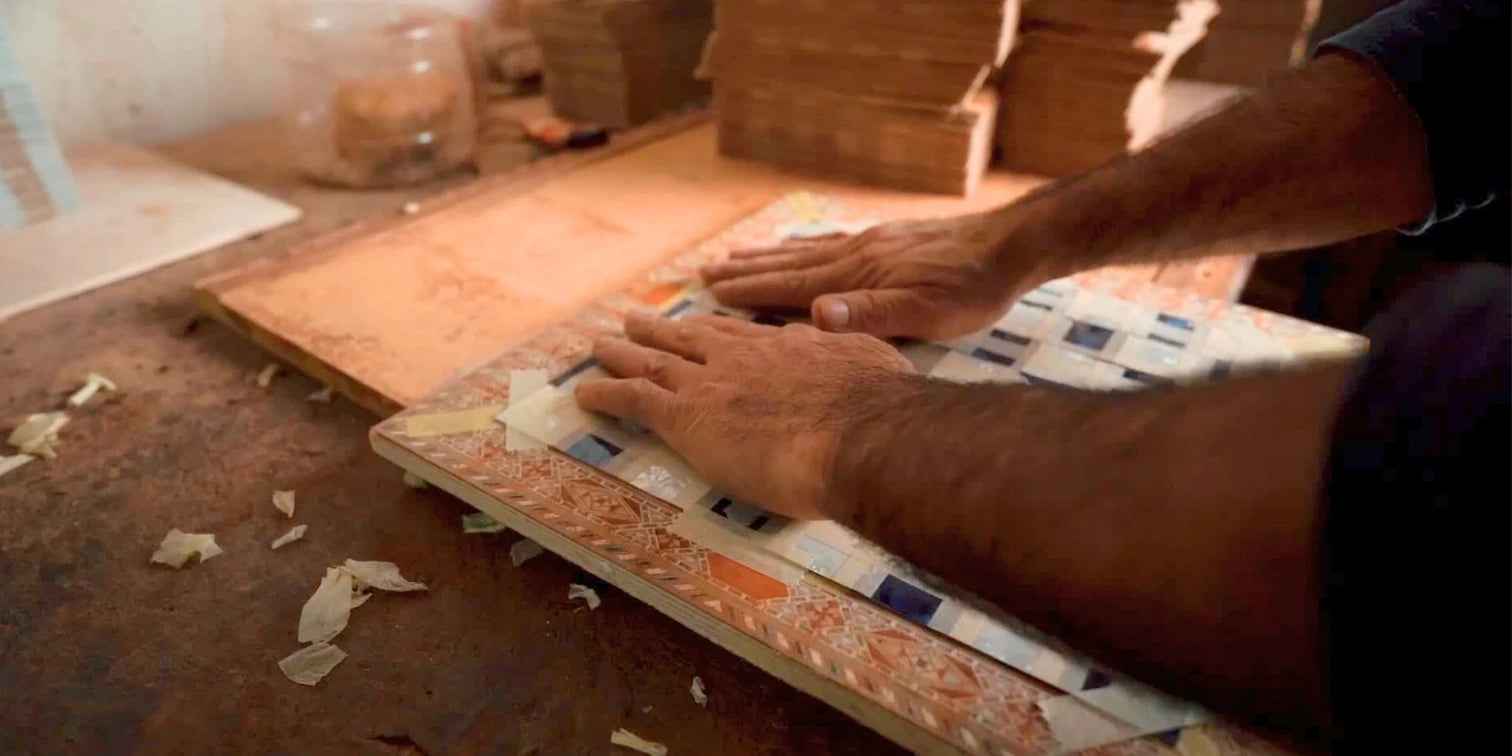
Our Vision
Through our mission statement of enabling people to explore the beauty of chess and our vision statement of becoming an irreplaceable part of their journey towards mastery,
My Chess Sets desires nothing more than helping them achieve greatness one move at a time!
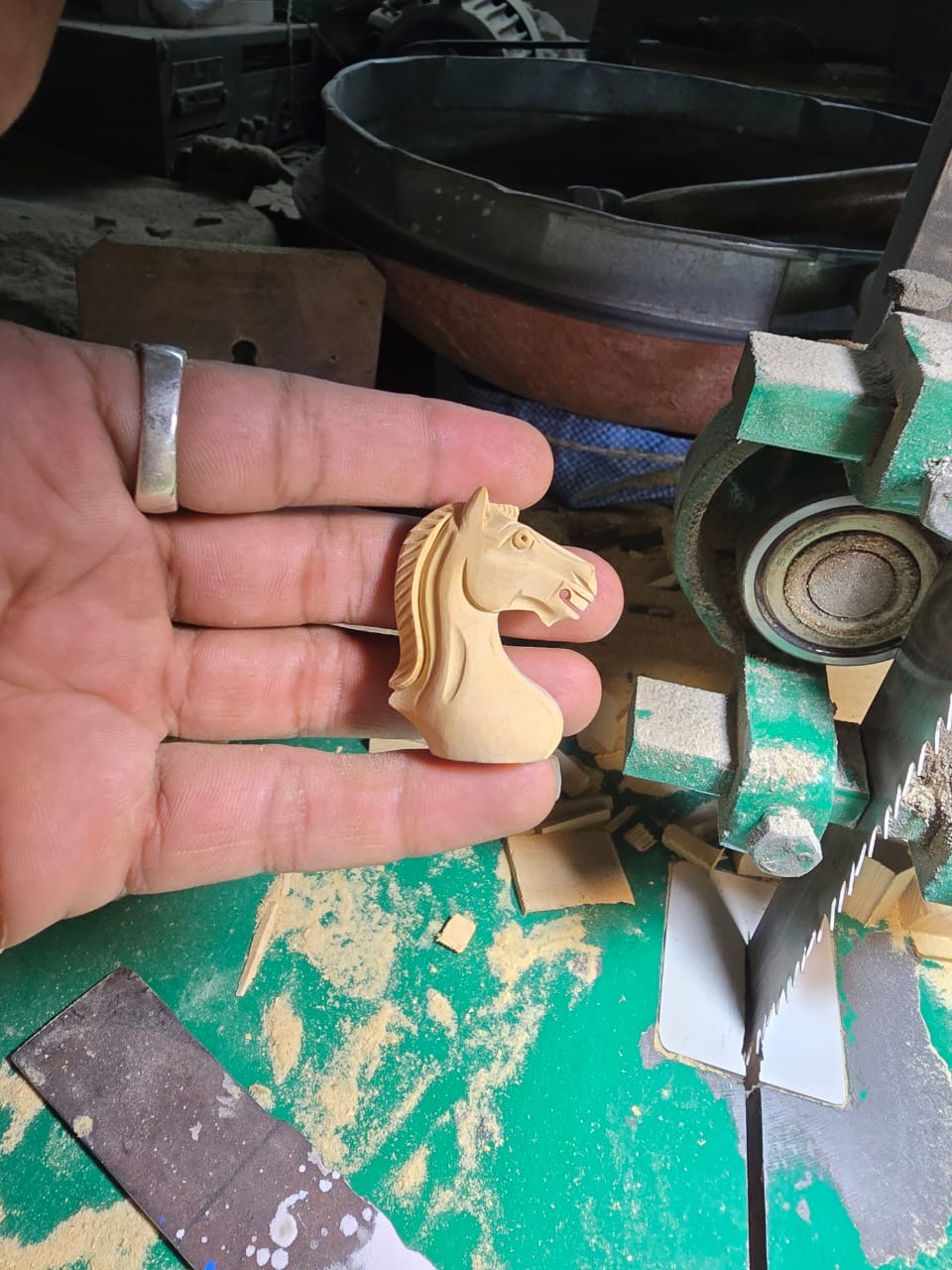
SHOP CHESS STRAIGHT FROM THE WORKSHOP!
Shop the highest quality chess equipment, straight from our workshop.
Get In Touch
OUR CUSTOMER SERVICE IS AVAILABLE 24/7 FOR ANY QUESTIONS AT:
support@mychessets.com
OR CONTACT US DIRECTLY ON THE FORM BELOW
